A few years back, I was helping a fast-growing SaaS company hire their first Head of Customer Success. The initial interview went well. On paper, the candidate seemed perfect. But in the follow-up interview, I pressed deeper on how they'd handled churn in a past role. Their vague responses raised red flags. We passed, and a month later, learned that the candidate had quietly exited their previous company under poor performance.
That experience cemented something for me: follow-up questions can make or break a hiring decision.
First interviews often scratch the surface, confirming basic qualifications, career trajectory, and broad fit. Asking the right interview questions will ensure you gather all the key information. But it's the second conversation where you discover the nuances: how candidates think under pressure, how consistent their stories are, and how well they align with your specific team dynamics.
Follow-up interviews let you:
- Validate initial impressions with deeper examples
- Assess cultural fit and working style
- Uncover potential gaps or misalignments before you extend an offer
Ultimately, the key to great hiring lies in revealing who someone truly is and how they'll perform in your unique environment. That's why follow-up questions are crucial.
The Role of Follow-Up Interviews
Over the past decade, hiring has evolved from a transactional process into a high-stakes strategic decision. In competitive talent markets, especially for remote or specialized roles, companies can't afford to misread signals from a single interview. That's where follow-up interviews have become indispensable.
In my experience, follow-up interviews serve three critical roles:
1. Testing consistency and depth
Candidates often prepare polished narratives for first interviews. A second round helps you test whether their stories hold up under deeper scrutiny. It's your chance to revisit topics and ask for additional details, timelines, or outcomes.
2. Exploring culture and values alignment
Even the most technically skilled candidate can fail if they don't mesh with your team's way of working. Follow-up conversations allow you to probe how candidates handle feedback, collaborate under pressure, or navigate ambiguity, all factors crucial for long-term success.
3. Clarifying role-specific scenarios
First interviews usually stay high-level. Follow-ups let you introduce real-world scenarios relevant to your business, helping you see how a candidate thinks on their feet and applies their experience to your context.
Especially in remote and distributed hiring, which is what we specialize in at Somewhere, follow-up interviews are vital. Without the informal signals of an in-office environment, these second (or even third) conversations become your best tool for assessing fit and mitigating hiring risk.
Put simply, follow-up interviews transform your hiring process from guesswork into evidence-based decision-making.
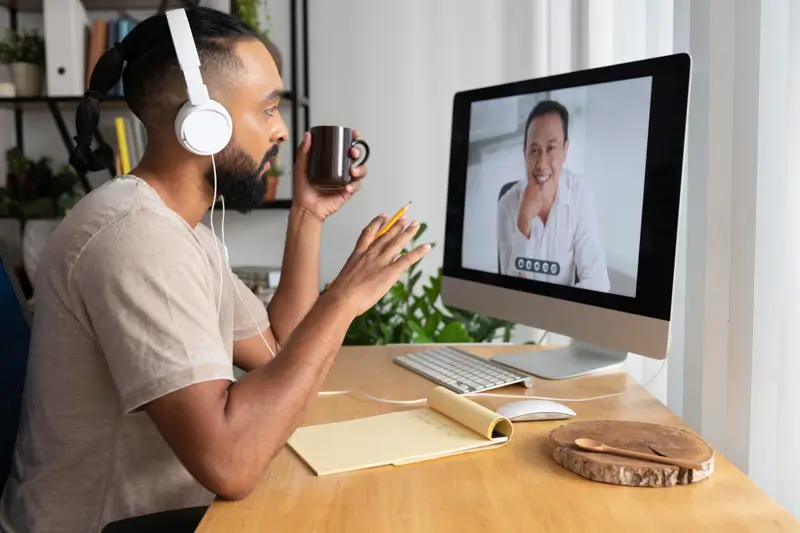
Crafting Effective Follow-Up Questions
It's easy to fall into the trap of repeating generic questions in a follow-up interview. But the real value lies in going deeper, tailoring your questions to explore the areas that matter most for your role, your team, and your company's culture.
Here's how I approach crafting strong follow-up questions:
Revisiting Previous Discussions
One of the most powerful moves in a follow-up interview is circling back to something the candidate shared earlier. For example:
"You mentioned leading a team through a tough product launch. Can you tell me more about the biggest challenge you faced, and how you handled it day-to-day?"
This tactic does two things: it tests consistency and reveals how well a candidate can elaborate under pressure. I've seen countless situations where a rehearsed first-interview story unravels when you dig a layer deeper.
Assessing Cultural and Team Fit
Culture fit isn't about hiring people who think the same. It's about ensuring they'll thrive in your unique environment. Some strong follow-up questions here might be:
- "Tell me about a time you disagreed with a colleague's approach. How did you handle it?"
- "What type of feedback style helps you improve your work?"
These kinds of questions help uncover working styles, conflict resolution skills, and whether your team's culture matches the candidate's expectations.
Evaluating Problem-Solving and Adaptability
Follow-up interviews are a perfect time to introduce hypothetical or real-life scenarios relevant to your business. By asking relevant time-management interview questions as well, you can evaluate how the candidate would approach a problem more quickly. For example:
"If you joined and discovered our customer churn rate was suddenly rising, how would you investigate and address it in your first 90 days?"
This helps you assess not only technical skills but also strategic thinking, prioritization, and comfort navigating ambiguity.
Essential Follow-Up Interview Questions
Over the years, I've built a mental toolkit of follow-up questions that consistently reveal a candidate's real capabilities and fit. Here are several of my go-to questions and why they work:
- Last time we spoke, you mentioned [specific project]. Can you walk me through exactly how you approached it, step by step?
This question cuts through surface-level storytelling and demands detail. It clarifies whether the candidate truly owned the work or was simply involved on the sidelines. - What would your ideal onboarding experience look like in this role?
Candidates often reveal their learning styles, support needs, and self-awareness here. It also shows how much thought they've given to integrating into a new environment, a critical factor for remote and fast-paced teams. - Looking back at your last role, what would you do differently if you could start over?
This question surfaces humility, self-reflection, and a candidate's ability to grow from experience. It's excellent for gauging whether they blame circumstances or take ownership for past missteps. - How would you approach [specific challenge relevant to our team] given what you know so far about us?
This helps test how well the candidate has absorbed information about your business and whether they can apply their experience to your unique context. - Tell me about a time you had to deliver difficult feedback. How did you handle it?
This reveals emotional intelligence, communication skills, and conflict management style, key indicators of how someone might fit into your team dynamic. - What motivates you to do your best work, and what tends to frustrate you?
A great question for uncovering personal drivers and potential friction points with your company culture or team setup. - Describe the type of manager or work environment where you feel you've done your best work.
This helps predict culture fit and whether the candidate will thrive under your leadership style. - If you were to join us, what would your priorities be in your first 90 days?
This tests how well candidates understand your business and their ability to create a focused action plan. - Can you tell me about a time when you had to quickly learn something new to solve a problem?
Fantastic for assessing adaptability, resourcefulness, and comfort with change. Especially important in dynamic or growing organizations. - Is there anything from our last conversation you've thought about further or would like to clarify?
This opens space for candidates to share additional thoughts, correct misunderstandings, or demonstrate proactive communication. - What's the most important piece of feedback you've ever received, and how did it change your approach?
A great way to gauge coachability, self-awareness, and openness to growth. - Tell me about a decision you made that didn't work out as planned. What did you learn?
Reveals resilience, accountability, and problem-solving mindset. - How do you prioritize your tasks when everything feels urgent?
Perfect for roles that require strong organizational skills and handling competing demands. - What kind of work environment brings out your best performance?
Helps clarify cultural fit and alignment with your team's dynamics. - Describe a time you had to work with someone whose personality was very different from yours. How did you navigate that?
Excellent for assessing collaboration and emotional intelligence. - If you could design your ideal next role from scratch, what would it look like?
Offers insights into career motivations and whether this role truly aligns with their goals. - Tell me about a time you received critical feedback you didn't agree with. How did you respond?
Tests maturity, professionalism, and conflict resolution skills. - What would your past colleagues say was your biggest strength? And what would they say is an area for improvement?
A solid way to explore how others perceive the candidate and test self-awareness. - What's one professional accomplishment you're most proud of, and why?
Encourages candidates to share meaningful wins and values. - If we offered you this job, what would be your first priority once you started?
Checks whether the candidate is already thinking practically about contributing to your team. - How do you stay current in your field?
Good for understanding curiosity, initiative, and commitment to professional development. - Is there anything about this role or our company that gives you pause?
Opens the door for honest discussion and surfaces potential dealbreakers early. - What's something about your working style that people might misunderstand?
Often reveals quirks or preferences that can help you evaluate team fit. - Tell me about a time you were under significant pressure. How did you handle it?
Excellent for stress-testing resilience and coping strategies. - What makes you excited to potentially join our team?
A chance to see if the candidate's enthusiasm is genuine and informed.
Great follow-up questions don't just extract facts; they open a window into how a person thinks, adapts, and collaborates. Whether you're hiring for technical roles, leadership, or creative positions, these kinds of questions can be the difference between hiring someone who's merely "qualified" and someone who's truly the right fit.
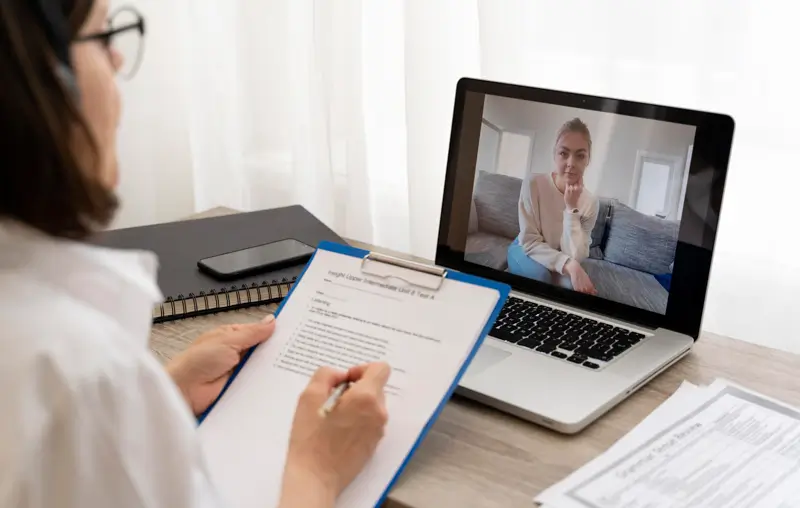
Best Practices for Crafting and Using Follow-Up Interview Questions
Follow-up interviews aren't just another round of generic questions. They're your opportunity to dig deeper and truly understand how a candidate thinks, works, and fits into your team. Here's how to make your follow-up questions count:
Tie Questions Directly to the First Interview
The strongest follow-up questions connect back to topics the candidate already discussed. For example:
"You mentioned leading a rebranding project. Can you tell me more about how you managed stakeholder expectations?"
This shows you were listening and pushes for richer detail.
Go from Broad to Specific
Start with broad reflections, then narrow in. For instance, begin with,
"What did you find most challenging in your last role?"
Then follow with,
"Can you walk me through the toughest day you faced during that time?"
This approach helps candidates open up.
Test Consistency Without Being Adversarial
If a candidate described an achievement in round one, revisit it with a new angle. For example:
"Earlier, you said you increased sales by 30%. What specific steps did you take to achieve that result?"
You're verifying truth and depth without making it feel like a cross-examination.
Use Hypotheticals Relevant to Your Business
Follow-up interviews are the perfect place for realistic scenarios. For instance:
"Given what you know about our company so far, how would you handle a situation where two team leads disagree about project priorities?"
This tests practical thinking and cultural fit.
Balance Soft Skills with Technical Depth
Don't focus solely on technical competence. Ask questions like,
"How do you prefer to receive feedback?"
or "What's your approach when a team project stalls due to interpersonal issues?"
These reveal how a candidate navigates people dynamics.
Avoid 'Gotcha' Questions
Follow-up interviews should challenge candidates, but not trap them. Keep your tone curious rather than confrontational so candidates feel comfortable being candid.
Ask Candidates What They've Reflected on Since the First Interview
Here's a great opener for a follow-up interview:
"Since we last spoke, is there anything you've thought more about that you'd like to discuss today?"
It shows respect and can prompt valuable new insights.
Prepare, but Stay Flexible
Have a list of follow-up questions ready, but be willing to pivot based on what unfolds in the conversation. The best insights often come from spontaneous, unscripted discussion.
Follow-up interview questions should always be purposeful and tailored. Done right, they transform your interviews from surface-level chats into powerful tools for hiring smarter and reducing costly hiring mistakes.
Take Your Interviews and Your Hiring Further
The difference between a good hiring decision and a great one often comes down to these second-round conversations. Knowing how to interview someone and asking the right follow-up questions can transform interviews from surface-level chats into meaningful dialogues that protect your business from costly mis-hires.
So invest time in crafting thoughtful, specific follow-up questions tailored to your role and company. They're one of the most powerful tools you have for building a team that doesn't just look good on paper, but truly thrives in practice.
However, knowing what to ask and how to ask it takes expertise and time that many growing teams simply don't have to spare. And it's only natural to ask for help.
At Somewhere, we specialize in helping companies build world-class teams across borders, industries, and time zones. Whether you're scaling fast, hiring for niche roles, or simply want to refine your interview process, we're here to help you get it right, from crafting the perfect follow-up questions to securing talent that fits your culture and goals.
If you're ready to make every interview count, reach out through the contact form below. Let's talk about how Somewhere can help you hire smarter, faster, and with confidence.

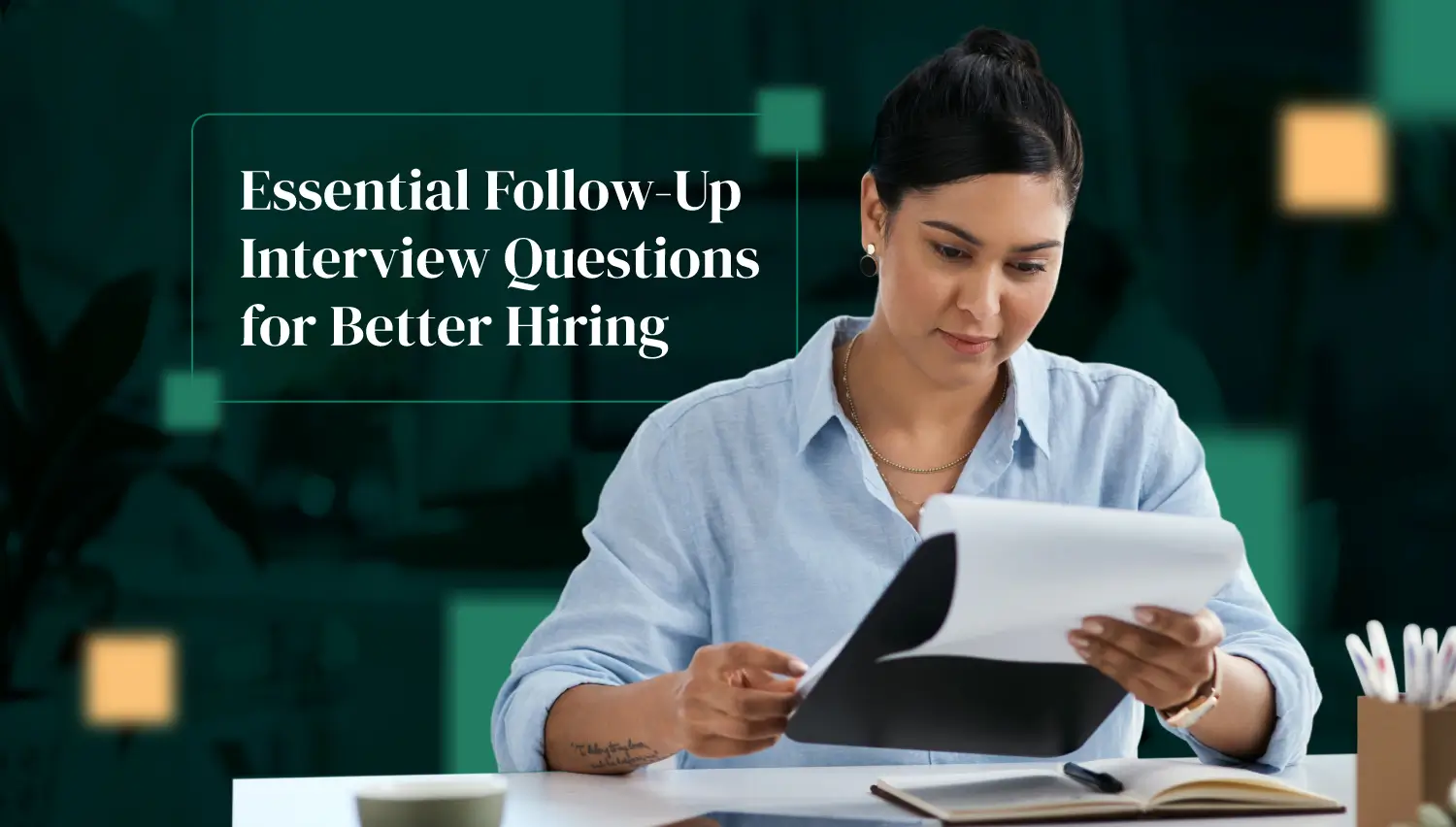




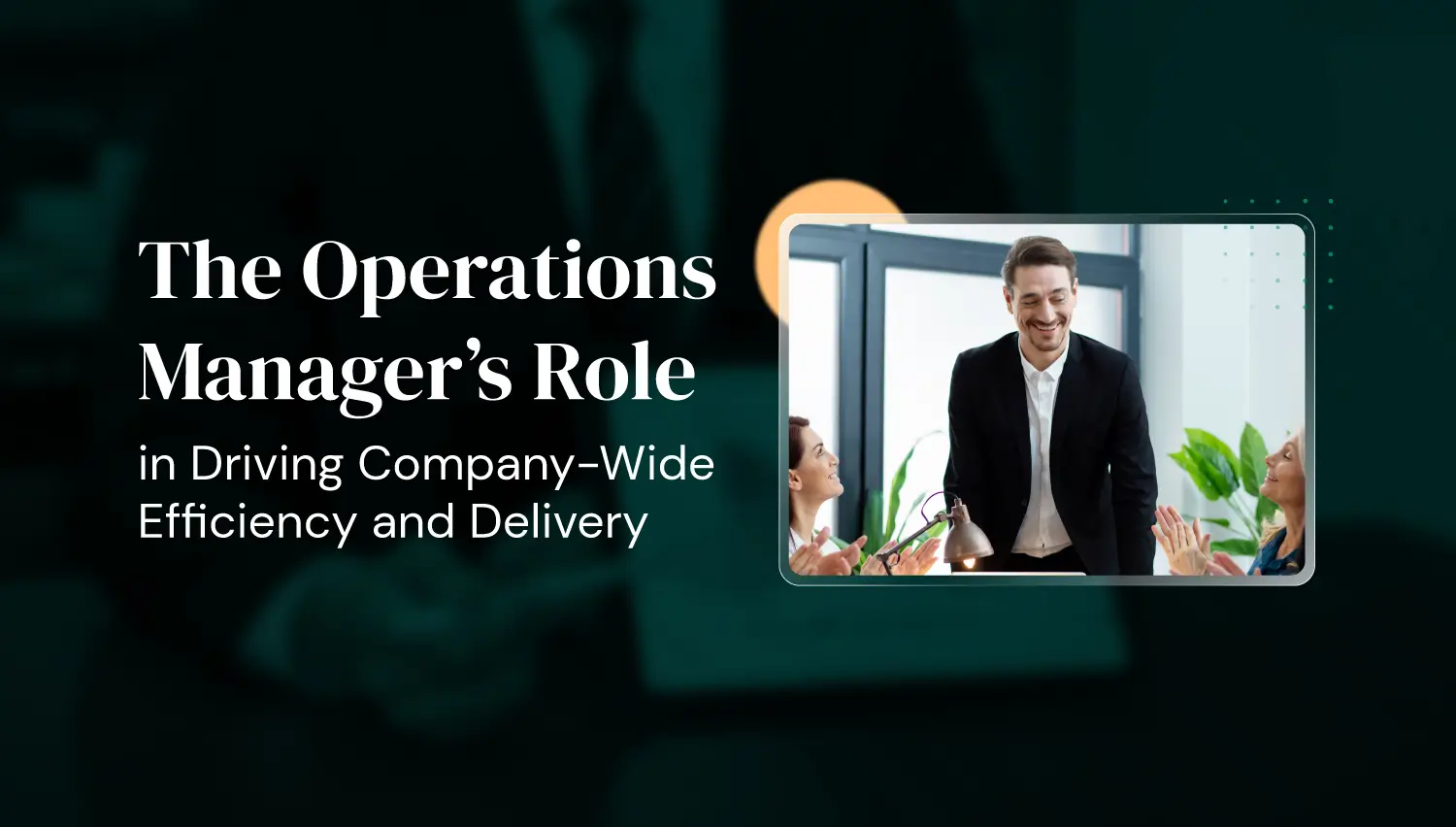
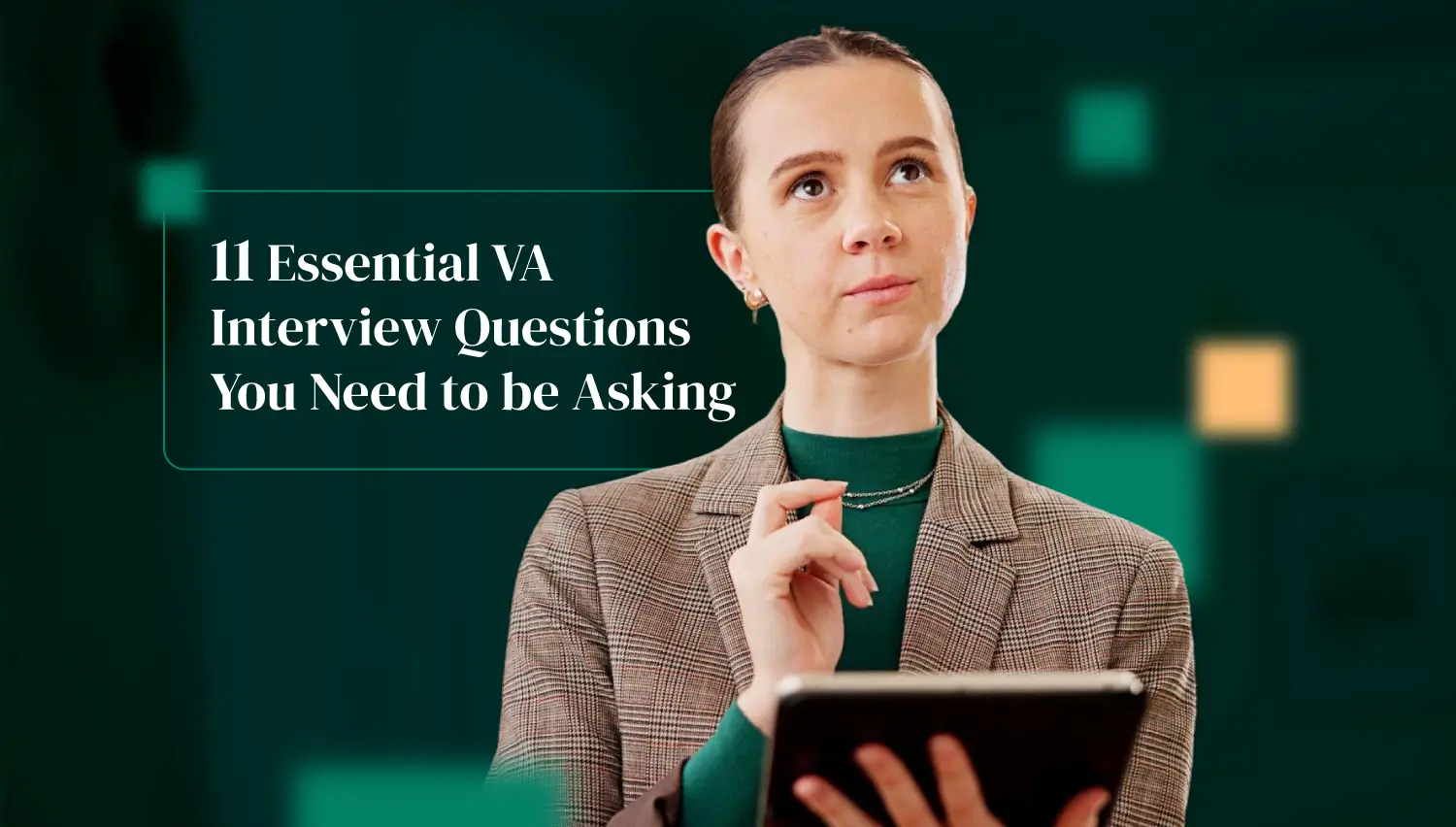

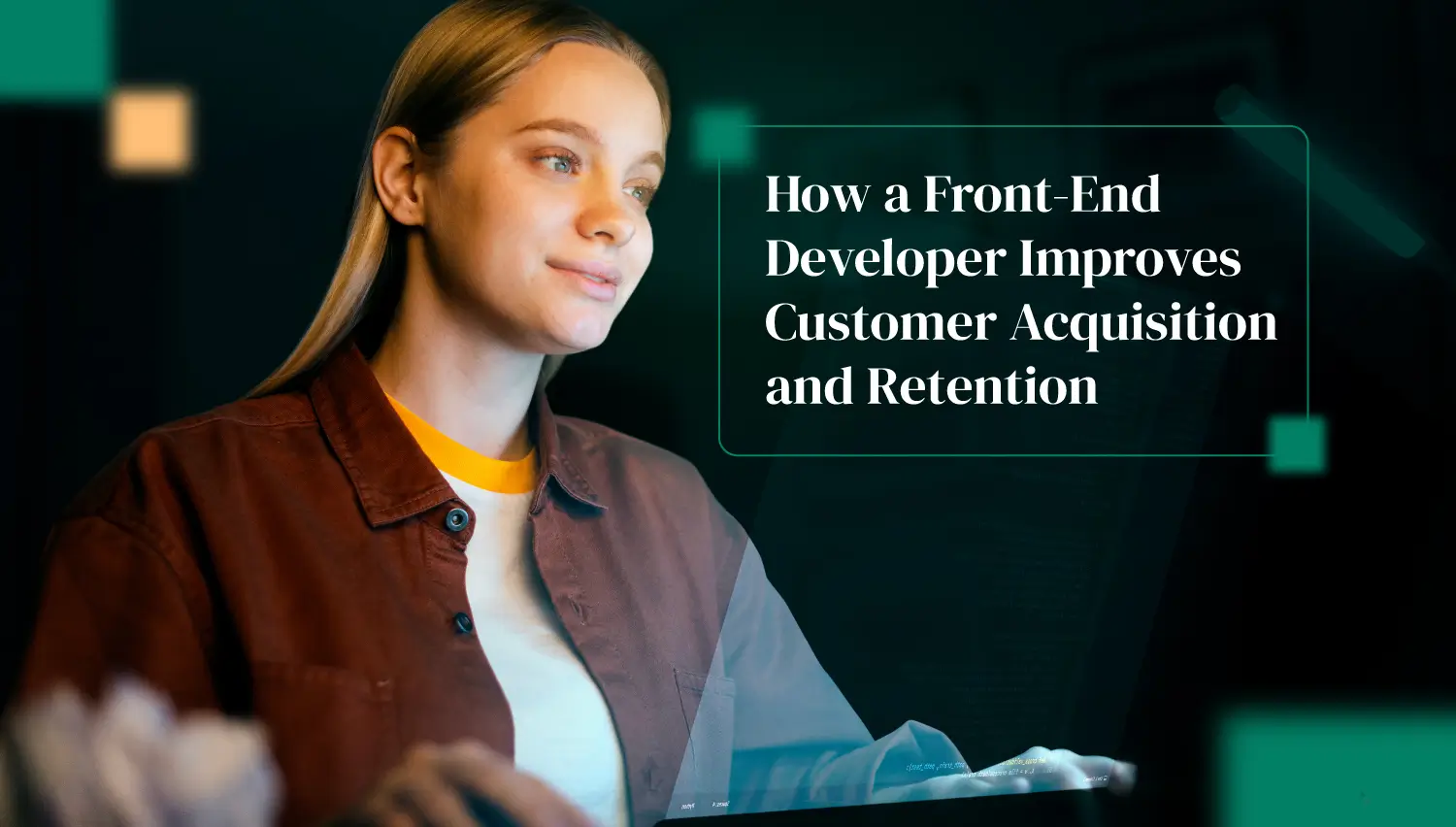
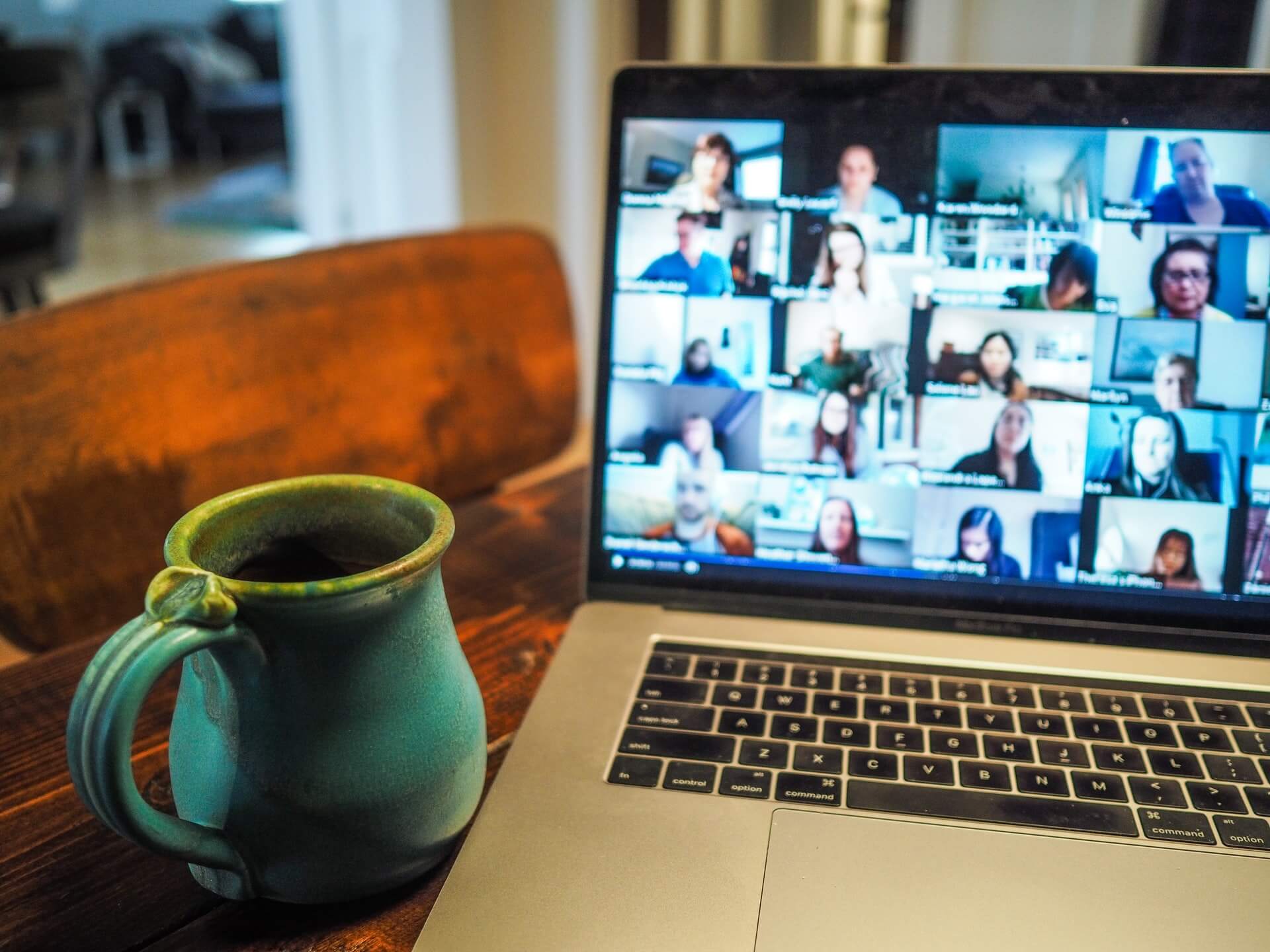



.jpeg)